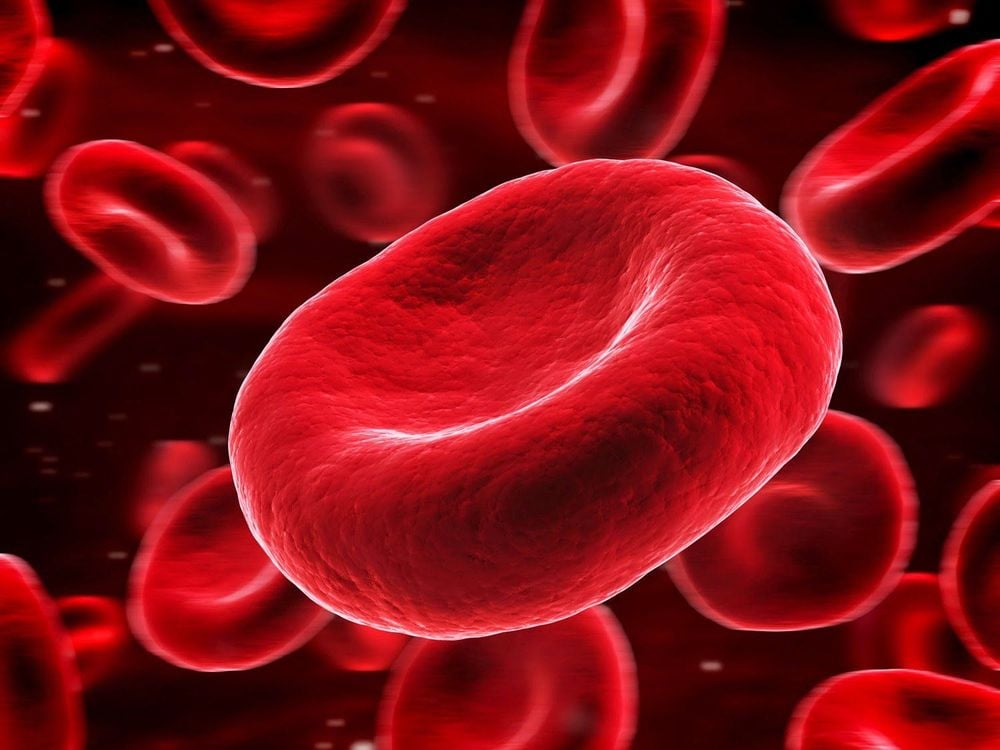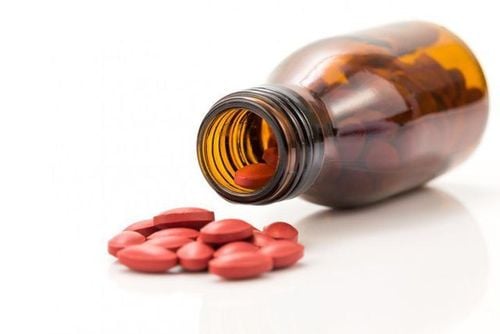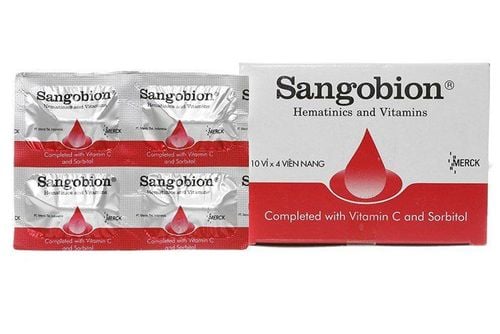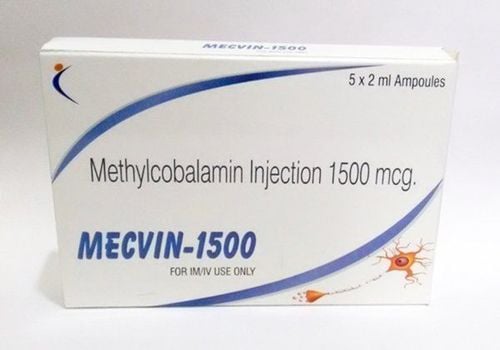The article is consulted with Master, Doctor Nguyen Thi Ngoc - General Internist - Endocrinologist - Department of Outpatient and Internal Medicine - Vinmec Times City International Hospital.
Doctor Nguyen has over 10 years of study, research, and work experience in the field of endocrinology.
Vitamin B12 is essential for the production of red blood cells and the development of the nervous system. However, excessive supplementation of vitamin B12 can also lead to serious consequences.
1. Role of Vitamin B12 in the Body
Vitamin B12 is a water-soluble vitamin belonging to the B vitamin group and plays several important roles in the body, including:
- DNA Synthesis: It is involved in the synthesis of DNA, making it crucial for cell division and reproduction.
- Metabolism: It plays a role in the metabolism of lipids and folic acid.
- Red Blood Cell Formation: It is essential for the production of red blood cells.
- Nervous System Health: It contributes to the structural components of myelin sheath around nerves, ensuring the normal functioning of the nervous system.
2. Consequences of Vitamin B12 Deficiency

Vitamin B12 is an essential nutrient for the body. A deficiency of vitamin B12 often occurs when dietary intake is insufficient or when the body has issues with absorbing vitamin B12. Moreover, individuals who are malnourished, have cancer, are elderly, pregnant, or are alcoholics are also at higher risk in suffering the lack of vitamin B12. This phenomenon is relatively common and can manifest through neurological and hematological disorders. If the deficiency is severe, remarkably, it can lead to permanent nerve damage.
- A lack of vitamin B12 can lead to neurological disorders such as agitation, hallucinations, changes in natural reflexes, poor muscle function, memory problems, loss of taste, and in severe cases, can cause psychiatric disorders. In children, issues may include slow growth, developmental delays, and difficulty with movement.
- Shortage of vitamin B12 can also result in pernicious anemia, which may be due to impaired absorption of vitamin B12 caused by a lack of intrinsic factor—a substance necessary for the absorption of vitamin B12 in the intestines.
- Additionally, vitamin B12 deficiency can cause paresthesia or numbness in the limbs.
3. Consequences of Excess Vitamin B12
Vitamin B12 is water-soluble, and excess amounts in the body can be easily excreted through urine, making it less toxic. However, prolonged high doses of vitamin B12 can lead to various side effects:
- Anaphylactic shock: This allergic reaction to vitamin B12 is rare but very dangerous, potentially leading to death. Caution is advised when supplementing vitamin B12, especially in injectable form for individuals with allergic tendencies.
- Digestive disturbances: Symptoms may include loss of appetite, nausea, and diarrhea.
- Headaches, rashes, and itching.
- Numbness or weakness in the arms, legs, and facial muscles.
- Cardiovascular complications: These may include increased heart rate, difficulty breathing, chest pain, high blood pressure, and heart failure.
- Increased risk of prostate cancer.
- Activation of the coagulation system: This can lead to hypercoagulation and vascular blockage.
- Optic nerve damage: Particularly in individuals with Leber's disease, a hereditary condition that causes retinal degeneration and blindness in children.
4. Supplement vitamin B12 properly

The recommended daily intake of vitamin B12 varies for different populations:
- Adults: The recommended amount is 2 mcg per day.
- Pregnant and breastfeeding women: The requirement increases to 2.6 mcg per day.
Children: For toddlers, the intake is around 0.7 mcg per day, while adolescents may require up to 2 mcg per day.
To ensure adequate vitamin B12 intake, it's important to include foods rich in this nutrient in the diet. Good sources of vitamin B12 include beef, salmon, eggs, milk, and cheese. Plant-based foods do not contain vitamin B12. Additionally, many dietary supplements offer multivitamins with high levels of B12. However, supplementation should be approached with caution and must strictly follow a doctor's recommendations. If signs of vitamin B12 toxicity are observed, it’s essential to seek immediate medical attention at the nearest healthcare facility for prompt treatment.
To arrange an appointment, please call HOTLINE or make your reservation directly HERE. You may also download the MyVinmec app to schedule appointments faster and manage your reservations more conveniently.













